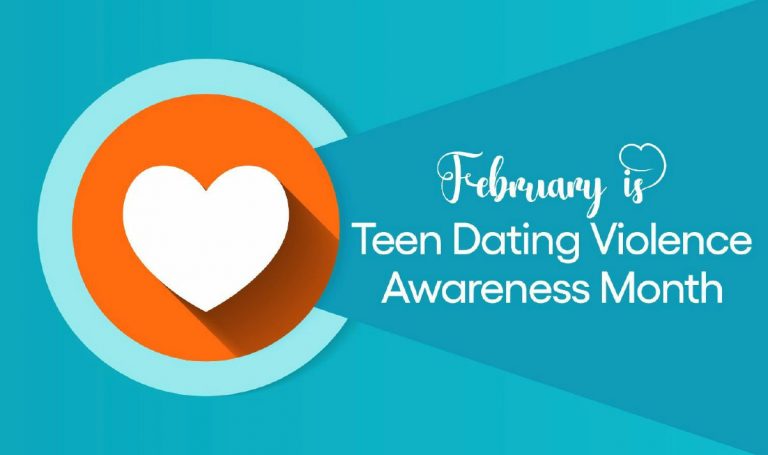KNOW! to Model Healthy Gambling and Sports Betting Behavior
What is sports betting?
On January 1st, 2023, sports betting became legal in Ohio for people aged 21 or older. Sports betting is a “game of chance in which a player attempts to predict results in a sporting event and places a wager on the outcome.”
Many different forms of sports betting are now legal in Ohio. Sports bets can be placed online through licensed sports books or in person at brick-and-mortar locations. Bets may also be placed at locations such as bars, restaurants, and grocery stores that already hold liquor licenses and sell lottery tickets. Sports betting isn’t just betting on the outcome of a game or tournament. Live “in-play” betting means that sports gamblers can bet during a game, on hundreds of discrete events. The decreased time between the bet and the reward increases the risk of problematic behavior. 1
Adult behavior impacts young people
As an adult, you may be interested in participating in legal sports betting, but it is important to recognize how your behavior can impact the young people in your life. While young people cannot gamble legally, exposure to gambling at school or at home can occur in seemingly innocuous ways. One of the major risk factors for developing a problem gambling disorder is a big win at an early age. Young people who cannot legally gamble may be exposed to a big win through peer-to-peer bets, betting pools at school or at home, or adults who place bets for young people. As advertisements for sports betting ramp up and popular sports betting events like the Super Bowl and March Madness approach, now is an important time to evaluate the impact that adult gambling behavior may have on the young people in your life. 3
Common ways that young people are introduced to gambling behaviors include:
- Friendly card games with peers
- Betting on school sports and events
- Receiving lottery tickets as gifts
- Seeing parents or other adults participating in Fantasy Sports leagues
- Filling out March Madness brackets at school or at home 3
Follow these guidelines to prevent youth gambling
Young people often emulate the behavior that they see in adults. If you choose to gamble, model responsible gambling behaviors, including:
- Setting limits on time and money
- Only betting what you can afford to lose
- Never mixing gambling with alcohol or other substances
- Knowing the risks before you bet
- Not chasing losses
- Never borrowing money to gamble
- Never placing bets on behalf of young people, including purchasing lottery tickets as gifts 2
Gambling behavior is often unintentionally encouraged in schools and at schoolsanctioned events. Schools should adopt policies that avoid promoting gambling. Such policies should include:
- No form of gambling allowed during lunch or recess
- No gambling-themed events held for student participation
- No school-related gambling fundraisers that involve students: selling raffle tickets, working a casino night, etc.
- Gambling PROHIBITED at any school sporting events
- Online gambling sites blocked on school servers
- A clear outline of when and where all rules are in effect
- A list of consequences (detention, suspension, parent notification) and how they’ll be enforced 3
Myths and facts about sports betting
Myth: Sports betting is not gambling.
Fact: Sports betting is a game of chance. Even if you are familiar with the sport or team, your chances of winning are determined by random chance. This means that sports betting is gambling.2
Myth: You can be an expert in sports betting or fantasy sports.
Fact: Many people believe that their knowledge of a sport, team, or player gives them special insight or makes their bet a “sure thing.” However, no amount of “expertise” can influence the outcome of random chance.2
Myth: Sports betting isn’t any different from other forms of gambling.
Fact: Two important differences between sports betting and casino games are access and speed. Sports bets can be placed online using licensed apps, while casino games can only be played in person. Betting on sports online also allows for faster and more frequent wagers. These two differences increase the risk of developing gambling problems. The prevalence of problem gambling among those who bet on sports is twice as high as among individuals who gamble on all other activities, and the severity increases when sports betting is conducted online.1,2
Parents and other caring adults can have a critical impact on the gambling behaviors of young people, yet 66% of parents rarely or never have conversations with their children about gambling. For more information on discussing gambling with youth, visit Change the Game Ohio.









